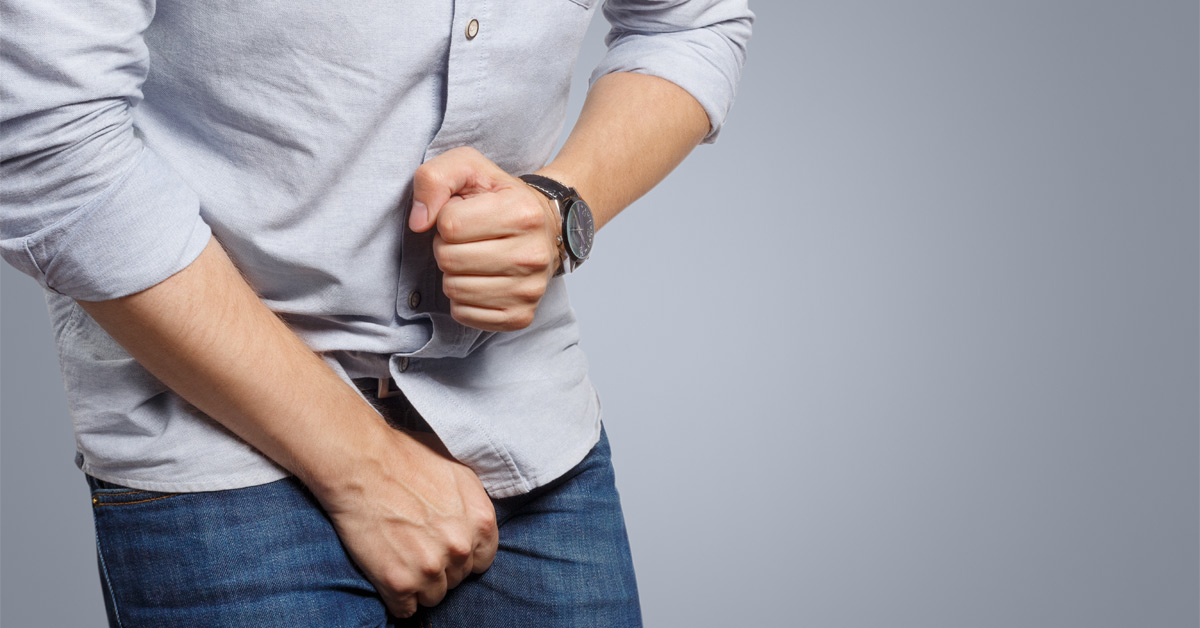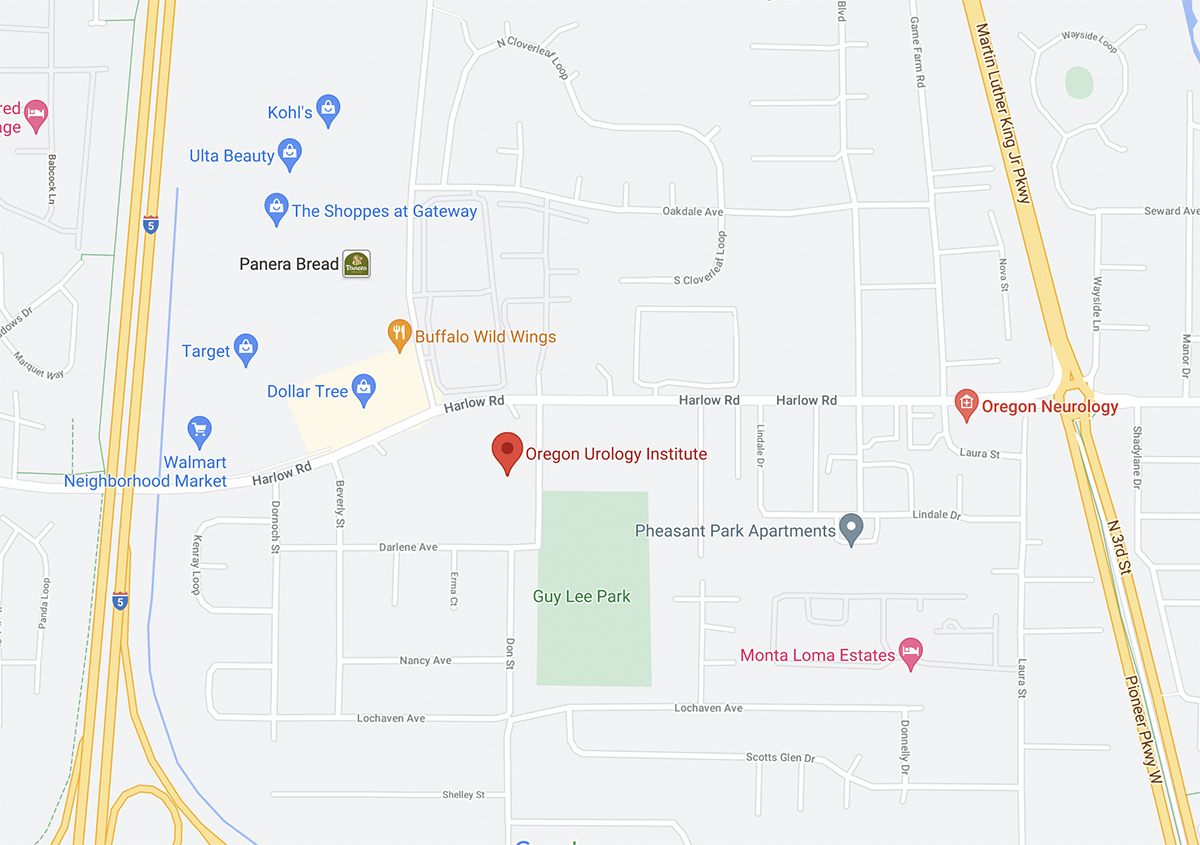INTERSTITIAL CYSTITIS

WHAT IS INTERSTITIAL CYSTITIS?
Interstitial cystitis (IC) is a chronic condition that causes sensations of bladder pressure and pain in the pelvis. This disorder, also known as bladder pain syndrome or painful bladder syndrome, is responsible for disruptive urinary symptoms like pain and the frequent urge to urinate. In fact, these symptoms can be so severe that they significantly impact your daily life.


WHAT CAUSES IC?
- Coffee
- Chocolate
- Fruits such as lemons and oranges
- Drinks that are alcohol-based or contain caffeine
Other causes of IC include:
- Damage to the protective lining of the urinary tract, enabling irritating substances in urine to inflame the urinary wall
- Your immune system mistakenly attacking your bladder, resulting in inflammation
- Problems with nerve pathways responsible for controlling and sensing your bladder fullness
- Genetics
- Frequent or chronic urinary tract infections
- Past bladder injury or trauma
WHAT ARE THE SYMPTOMS OF INTERSTITIAL CYSTITIS?
- Bladder pain, which is relieved after passing urine
- Daytime and nighttime urinary frequency
- Lower abdominal pain
- Discomfort around the urethral opening
IC can develop over time and lead to an over-sensitization of nerves within your bladder that respond both to pain and pressure. Nerves outside the bladder, such as those in your abdomen, pelvis, hips, and legs, might also become increasingly sensitive.
WHAT IS AN IC FLARE?
- Foods and beverages containing triggering ingredients
- Menstrual cycle in females
- Sexual intercourse
- Sitting for extended periods
- Anxiety or stress
HOW IS IC DIAGNOSED?
- A medical history along with physical examination to evaluate symptoms and and rule out the presence of other health problems.
- Laboratory tests on a urine sample to detect any infection or abnormality.
- A cystoscopy may be performed whereby a thin tube carrying a camera is inserted into the bladder so the lining of your bladder can be examined.
- Tissue samples or a biopsy may be taken to look for unusual cells.
- In males, prostatic secretions may be tested for inflammation or infection.
HOW CAN I FIND RELIEF FROM IC?
- Being mindful of your diet
Proper eating is an essential component of managing IC symptoms. Because certain foods and drinks can trigger flare-ups, keeping a food diary can help you understand patterns and avoid items that cause irritation. - Treating underlying conditions that may cause IC
Other illnesses can sometimes make interstitial cystitis even more severe. When your body starts experiencing pain due to issues like irritable bowel syndrome or endometriosis, you should contact your doctor immediately before it gets worse. - Switching up physical activities
Opt for activities such as yoga or walking instead of high-impact exercises or anything that exacerbates pain in the bladder area. Picking the right workout routine and adding physical therapy to strengthen the pelvic floor can help reduce urinary pain and urgency. - Maintaining a bladder voiding schedule
Having scheduled times to void and gradually increasing the time between bathroom trips can improve urgency symptoms. - Taking medication
Medications like Elmiron help to heal and rebuild the bladder lining. Amitriptyline, antihistamines, and nonsteroidal anti-inflammatory drugs have also demonstrated effectiveness in some people. - Using sacral nerve stimulation
Electrotherapy, called sacral nerve stimulation, helps stop nerve pain messages, giving long-lasting relief from pain and urgency. - Using injections
Naftopidil, which is a type of medication that relaxes the muscles found in the bladder, can be injected into it regularly to manage IC symptoms.
WHAT CAN I DO MYSELF FOR RELIEF?
- Stay well-hydrated by drinking extra water
- Put an ice pack or heating pad on your belly or perineum
- Take a warm sitz bath
- Learn relaxation techniques to reduce anxiety levels
- Wear loose-fitting clothes
- If sexual activity triggers flare-ups, consider pain-relief medications before intercourse and use lubricants to reduce discomfort
FAQs
Is interstitial cystitis an infection?
No, IC is not an infection. Unlike urinary tract infections caused by bacteria, IC is a chronic condition characterized by bladder pain and pressure without an identifiable infection.
Can interstitial cystitis be chronic?
Yes. IC is often a chronic condition. Many people with IC experience long-term symptoms that can fluctuate in severity over time. While you may have periods of remission where symptoms improve or disappear, others may have ongoing, persistent discomfort. Chronic IC requires ongoing management, and treatment plans are usually personalized and may need to be adjusted over time to remain effective.






